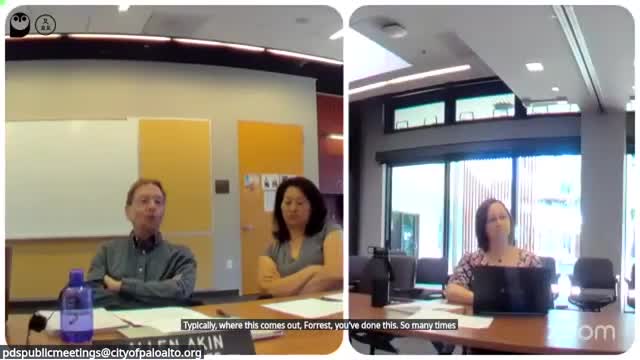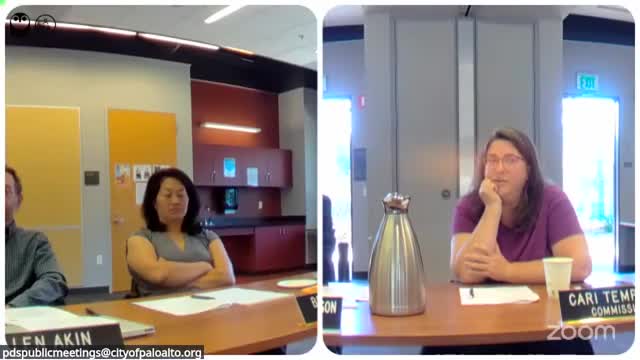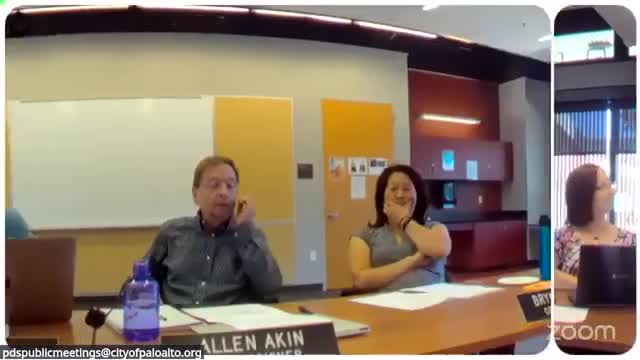Article not found
This article is no longer available. But don't worry—we've gathered other articles that discuss the same topic.

PTC seeks better meeting tech and packet delivery: screen sharing, higher‑res maps and GIS access

PTC clarifies liaison role to City Council: speak for commission record, be available for questions

PTC adopts norms to speed meetings: asking clarifying questions earlier

